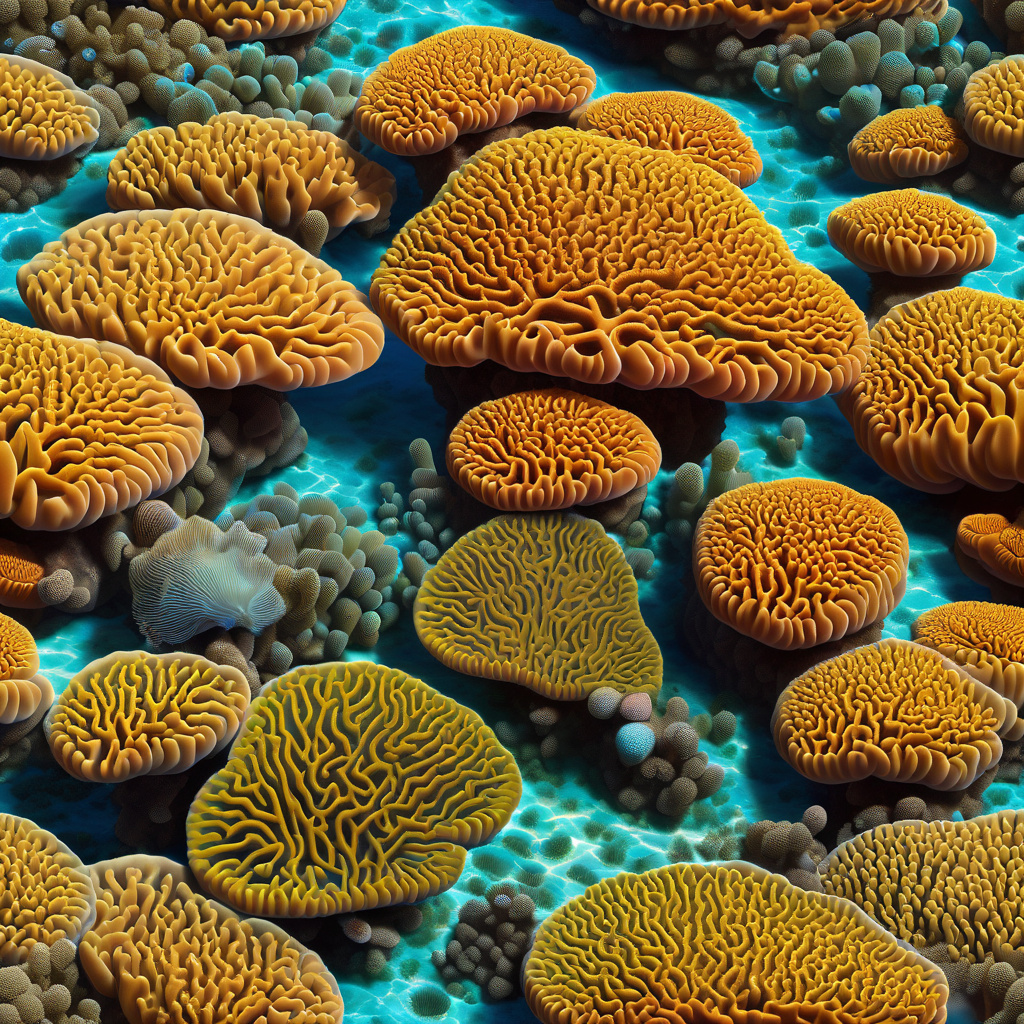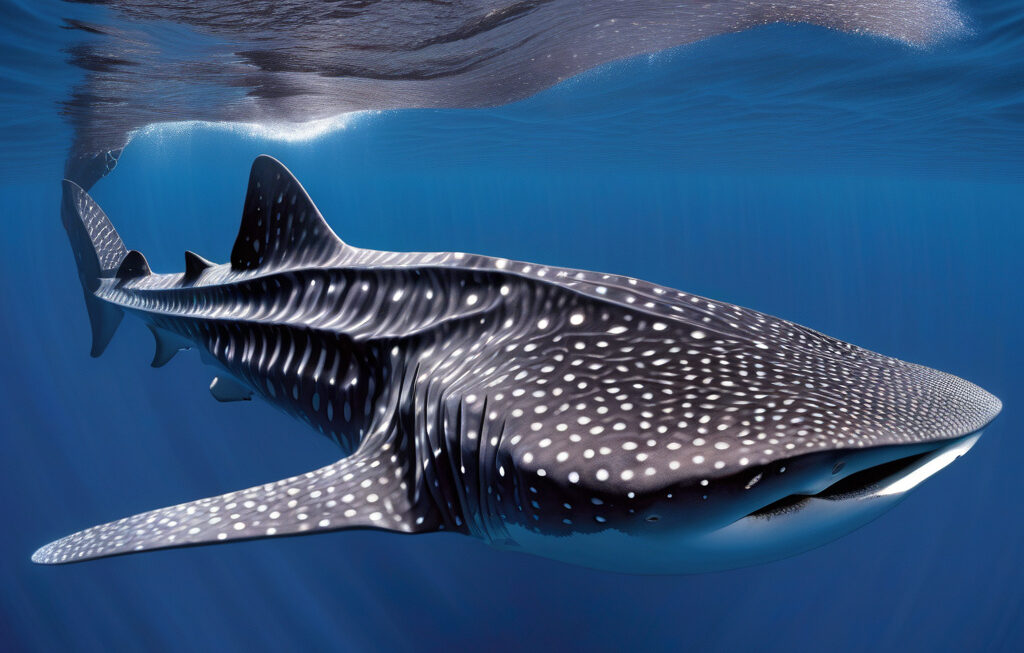Brazilian Brain Coral Retains High Levels of Carbon, Equivalent to Emissions from Burning 324,000 Litres of Gasoline
In a groundbreaking discovery, researchers have found that Brazilian brain coral has the remarkable ability to produce and retain high levels of carbon. The implications of this finding are staggering, as the amount of carbon stored by this coral species is equivalent to the carbon emissions generated from burning a whopping 324,000 litres of gasoline.
The study, which was recently published on Innovation News Network, sheds light on the crucial role that coral reefs play in sequestering carbon from the atmosphere. Coral reefs, often referred to as the “rainforests of the sea,” are known for their exceptional biodiversity and ecosystem services. However, their capacity to act as carbon sinks has been a relatively understudied aspect of their importance.
The Brazilian brain coral, scientifically known as Mussismilia braziliensis, is a key player in the complex carbon cycle of marine ecosystems. This particular species has been found to absorb significant amounts of carbon dioxide from the surrounding water, effectively trapping it within its calcium carbonate skeleton. Over time, this carbon becomes locked away in the coral structure, where it can remain for centuries.
The researchers behind this study utilized advanced techniques to quantify the amount of carbon stored in Brazilian brain coral. By analyzing coral samples collected from various reef sites, they were able to estimate the total carbon storage capacity of this species. The results were nothing short of astonishing, highlighting the critical role that Brazilian brain coral plays in mitigating climate change.
Carbon sequestration by coral reefs is a vital ecosystem service that often goes unnoticed. In the face of rapidly escalating carbon emissions and global warming, the ability of corals to capture and store carbon presents a glimmer of hope for our planet’s future. By preserving and protecting these fragile ecosystems, we can harness their natural capacity to combat climate change and safeguard marine biodiversity.
Furthermore, the findings of this research underscore the importance of continued scientific exploration and conservation efforts aimed at understanding and preserving coral reef environments. As we confront the challenges of a changing climate, it is more crucial than ever to recognize the invaluable services that ecosystems like coral reefs provide and take action to ensure their long-term survival.
In conclusion, the discovery of Brazilian brain coral’s remarkable carbon storage capabilities represents a significant step forward in our understanding of coral reef ecosystems. By unlocking the secrets of these ancient organisms, we gain valuable insights into how nature itself can offer solutions to the pressing environmental issues we face today. As we strive to build a more sustainable future, let us look to the oceans and the coral reefs that inhabit them for inspiration and guidance.
#BrazilianBrainCoral, #CarbonStorage, #ClimateChange, #CoralReefs, #MarineConservation












